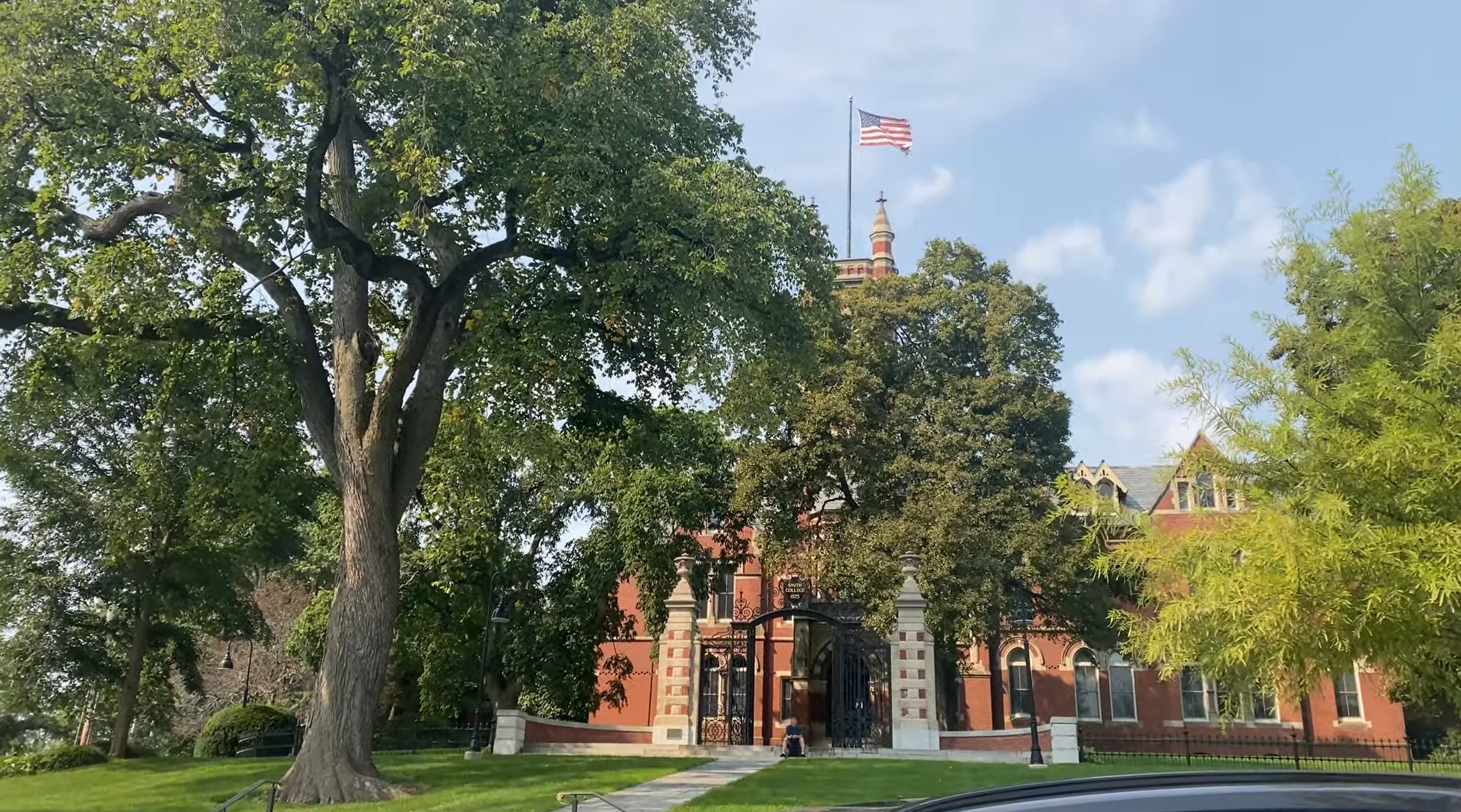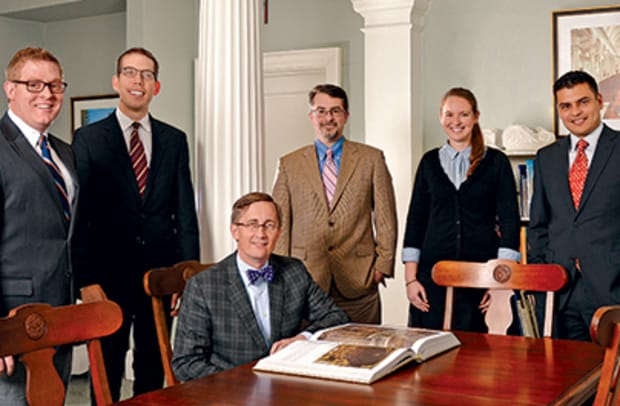
Four Opportunities for SE Ethics Education
Alicia M. Grubb
Smith College, Northampton, Massachusetts
Abstract: Many software engineers direct their talents towards software systems which do not fall into traditional definitions of safety critical systems, but are integral to society (e.g., social media, expert advisor systems). While codes of ethics can be a useful starting point for ethical discussions, codes are often limited in scope to professional ethics and may not offer answers to individuals weighing competing ethical priorities. In this paper, we present our vision for improving ethics education in software engineering. To do this, we consider current and past curricular recommendations, as well as recent efforts within the broader computer science community. We layout challenges with vignettes and assessments in teaching, and give recommendations for incorporating updated examples and broadening the scope of ethics education in software engineering.


Smith College | Hampshire County Massachusetts

Sam Altman: OpenAI
There are no generally accepted best practices specifically tailored for Artificial General Intelligence (AGI) development, mainly because AGI remains largely theoretical and hasn’t been achieved yet. However, there are various principles, guidelines, and best practices within the broader field of artificial intelligence and machine learning that could inform AGI development efforts. Some of these include:
Ethical AI Principles: Many organizations and research institutions have proposed ethical principles for AI development, focusing on issues like fairness, transparency, accountability, and safety. These principles could be adapted and extended to AGI development.
Safety Guidelines: Concepts like AI alignment, robustness, and safety engineering are crucial for AGI development to ensure that the system behaves in desirable ways and doesn’t pose risks to humanity.
Interdisciplinary Approach: AGI development may require insights from various fields such as computer science, cognitive science, neuroscience, philosophy, and psychology. Collaborative efforts among experts from different disciplines can help in shaping best practices for AGI.
Research Ethics: Guidelines for conducting ethical research in areas like human subjects research, data privacy, and responsible publication are relevant for AGI development as well, especially considering the potential societal impacts of AGI.
Transparency and Openness: Promoting transparency and open research practices can help in fostering trust and collaboration within the AGI research community. Open access to data, code, and research findings can facilitate progress in AGI development while mitigating risks.
Risk Assessment and Mitigation: AGI researchers should consider potential risks and unintended consequences of their work, such as job displacement, economic disruption, and existential risks. Developing strategies for risk assessment and mitigation is essential.
Continuous Learning and Adaptation: AGI systems are expected to be capable of learning and adapting autonomously. Therefore, best practices for continual learning, model updating, and adaptation in AI systems are relevant for AGI development.
While there may not be specific standards or best practice literature exclusively dedicated to AGI, integrating insights and principles from related fields can guide responsible and effective AGI research and development. Additionally, as progress is made in AI research, new standards and best practices may emerge to address the unique challenges of AGI.






















